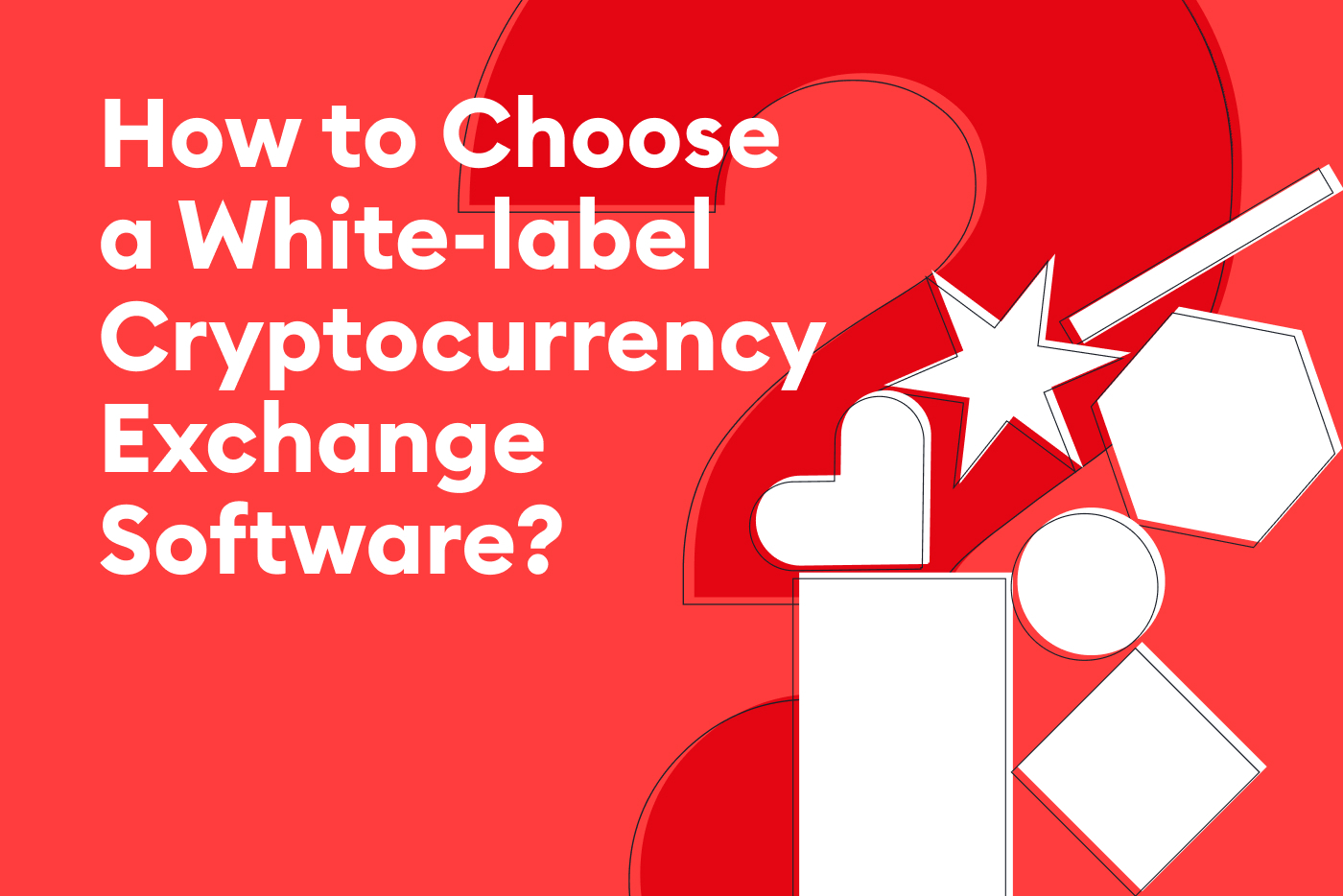
The blockchain industry and crypto assets in particular have garnered increasing levels of attention from traditional institutions, especially since 2020 has seen the rise of new digital currencies and an all time high surpassing US$ 40,000 for Bitcoin in early January, 2021. Nevertheless, not all circles have shown fondness for the digital assets in question [1]. In spite of the fact that the top ten companies that hold Bitcoin amount to 4% of total supply (not considering lost coins), it seems that even nowadays companies maintain a certain level of skepticism about digital assets [2][3]. One obvious reason behind this resides in the fact that there is no worldwide adoption of regulation and legislation regarding cryptocurrencies [4][5][6].
Given this opportunity, we would like to present a -not so obvious- discussion:
What happens once every major regulatory obstacle has been overcome? Can institutions just open an account and start accumulating digital assets?
Well, the reality is that there is much more than meets the eye. Even though it is estimated that 36% of institutional investors (in the US and Europe) are currently invested in digital assets, the process is not an overnight occurrence. Large financial institutions like pension funds are (at least in the US) public entities, so they are “mired with red tape, resulting in them more often than not being ‘late to the game’ in the realm of the investment opportunities” [7][8]. Companies, whether public or private, also face a series of obstacles before achieving the possibility of entering the cryptocurrency market.
The obstacles for companies accumulating digital assets
Let’s review some of the major factors preventing companies in accumulating digital assets:
- Statute/Bylaws. Usually, the relationship between size and steering capabilities is an inverse one for companies. As they get bigger in size, internal statute or bylaws prevent them from taking hard course deviations from the long term plan. In the digital asset case, this sets a first obstacle for entering the market.
- Stakeholders. In cases where the decision is subject to a vote, major stakeholders of a company have a say. As a first stage, management clarifies its stand, and later shareholder’s values are considered through the respective boards. The process of obtaining management and board approval can take months, and even years, given that not only CEO’s must intervene, but every major Committee (Risk, Audit, Compliance, etc.). After this time, the ship may have already sailed.
- Regulation. This obstacle is highly discussed and merits an article on its own, but we’ll do a quick review. As we can appreciate from aggregated sources on worldwide cryptocurrency regulation, there is no unique position and treatment of digital assets. Historically, the European Union has proved to be friendlier to this asset class, and states in the US have taken independent stances. For the benefit of the industry, this approach is currently changing and the Conference of State Bank Supervisors (CSBS) is establishing a uniform evaluation [3]. Regardless, there is a long way before governments and regulatory authorities reach something resembling a consensus on how to treat digital assets.
- Institution type. Whether the institution intending to participate in the digital asset industry is a bank, hedge fund, pension fund, or a small private enterprise, it can make a big difference on the obstacles it has to face. Protecting investors is usually the purpose behind financial institutions’ regulation, so it’s only natural for them to endure higher scrutiny.
- Practical inconvenience. Digital asset volatility impacts the processes involved in registration and reporting. Balance sheet currency conversion as well as income statement unrealized gains/losses on currency translation can be costly, and must be considered to be deemed appropriate given the amount of the investment. Similarly, capital gains, tax credits, and others have to be reported in the company accounts depending on jurisdiction treatment of each asset class.
- Opportunity cost. Lastly, it can be argued that there is an opportunity cost on assigning funds to digital assets instead of finding productive projects within the company. This argument doesn’t remain inalterable when confronted with the last 10-year return for every major digital asset, surpassing the most profitable public companies. Moreover, this is not a trade-off specific to digital assets, but a common problem within all asset classes.
A famous case
The case of Microstrategy Inc. – the biggest business intelligence (BI) application software vendor – has become one of the most famous in the sphere. The company, currently valued at US$ 3 billion, has an accumulated value in Bitcoin of over US$ 700 million, more than 23% of its total market capitalization at the time of the writing. In a press release, they commented that they found the …
“(…) global acceptance, brand recognition, ecosystem vitality, network dominance, architectural resilience, technical utility, and community ethos of Bitcoin to be persuasive evidence of its superiority as an asset class for those seeking a long-term store of value. Bitcoin is digital gold (…), we expect its value to accrete with advances in technology, expanding adoption, and the network effect that has fueled the rise of so many category killers in the modern era.”
Start moving
It is imperative to start getting these obstacles out of the way, even if ultimately the company’s decision ends up being not to adopt digital assets. In the previous case, Microstrategy had earned US$ 78.5 million from business operations for the past 3.5 years alone, while (unrealized) gaining US$ +100 million in the past 3 months from Bitcoin purchases [9].
In the meantime
If your company is currently dealing with any of the above challenges, or even others not contemplated, there are ways to get involved with digital assets without actually buying them directly. A relatively new alternative is investing in publicly traded companies that own digital assets. Yahoo, for example, keeps a watchlist on these companies along with actual and estimated returns [10]. Having a trusted partner with first-hand experience in the regulatory digital asset system can make it simpler to navigate this realm and introduce institutional clients to new investment opportunities. Get in touch with our team to get started.
References
[1] In this and other articles, we will use the terms ‘digital assets’ and ‘cryptocurrencies’ interchangeably.
[2] The top ten companies that hold 830400 BTC are: Grayscale Bitcoin Trust, Block.one, CoinShares, MicroStrategy, The Tezos Foundation, Galaxy Digital Holdings, Stone Ridge, 3iQ The Bitcoin Fund, ETC Group Bitcoin ETP and Square Inc;
[3] “Bitcoin Treasuries.” Bitcoin Treasuries in Publicly Traded and Private Companies – List of Large Holders, 2020, bitcointreasuries.org/.
[4] “Cryptocurrency Regulations Around the World.” ComplyAdvantage, 15 May 2020, complyadvantage.com/blog/cryptocurrency-regulations-around-world/;
[5] “State Regulators Roll Out One Company, One Exam for Nationwide Payments Firms.” Csbs.org, Conference of State Bank Supervisors, 15 Sept. 2020, www.csbs.org/regulators-announce-one-company-one-exam-for-payments-companies.
[6] Baltrusaitis, Justinas. “Top 10 Companies Hold $15 Billion in Bitcoin, 4% of Total BTC Supply.” Bankr, 30 Nov. 2020, bankr.nl/top-10-companies-hold-15-billion-in-bitcoin-4-of-total-btc-supply/.
[7] Adesina, Olumide. “About 33% of Pension Funds, Hedge Funds Now Own Digital Assets Such as Bitcoin.” Nairametrics, 9 June 2020, nairametrics.com/2020/06/09/about-33-of-pension-funds-hedge-funds-now-own-digital-assets-such-as-bitcoin/.
[8] Bhutoria, Ria. “The Institutional Investors Digital Asset Survey.” Fidelity Digital Assets, June 2020.
[9] Helms, Kevin. “Microstrategy CEO Personally Owns $240 Million in Bitcoin – Company’s BTC Profit Eclipses Other Earnings: News Bitcoin News.” Bitcoin News, 29 Oct. 2020, news.bitcoin.com/microstrategy-ceo-million-bitcoin-btc-profit/.
[10] “Top Crypto Bets.” Yahoo! Finance, Yahoo!, Dec. 2020, finance.yahoo.com/u/yahoo-finance/watchlists/top-crypto-bets/?guccounter=1.

